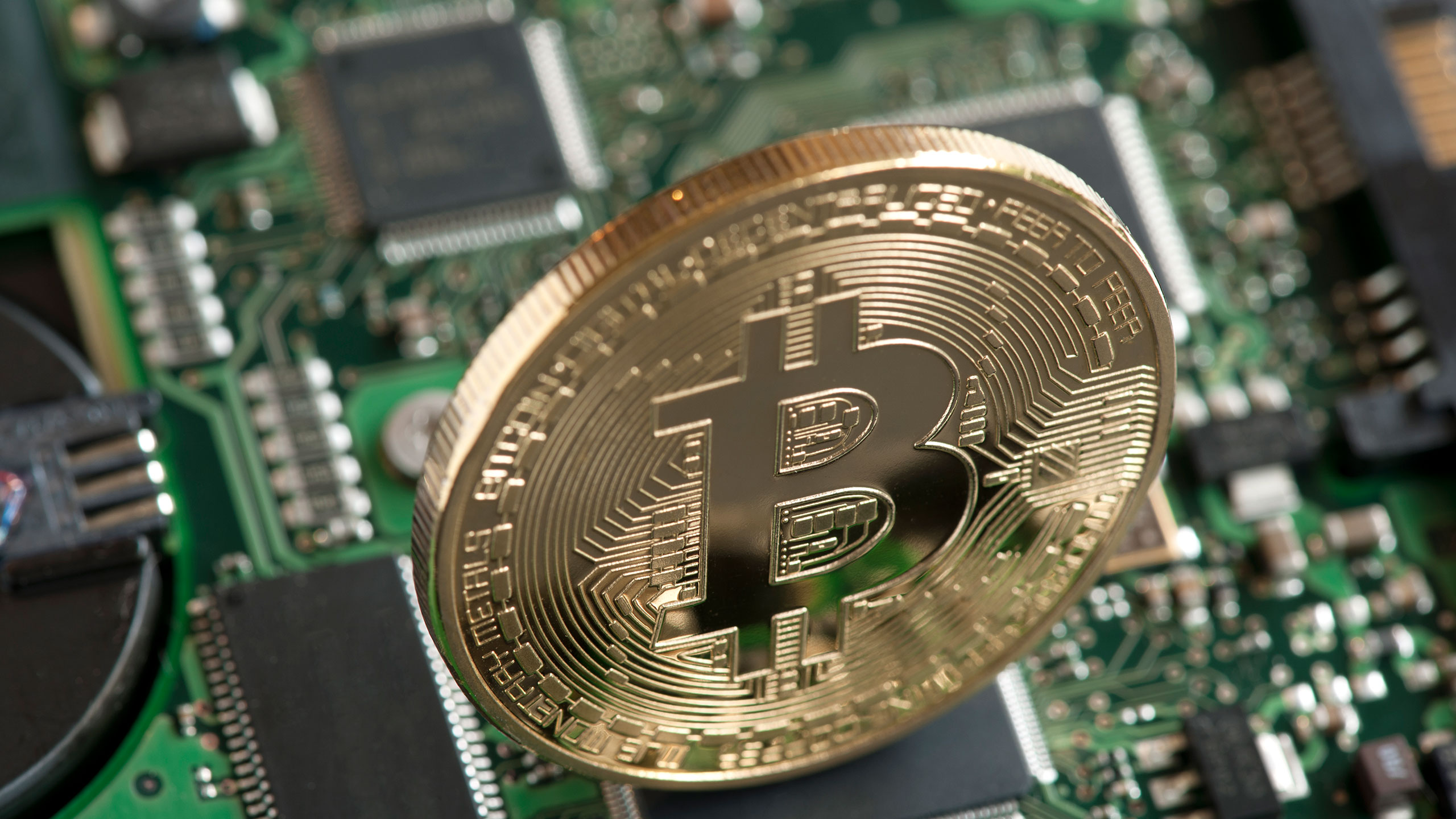Iceland's prime minister favors farming over finance as Bitcoin miners feast on the island's cheap power
Maize over mining.

Whether you're a Bitcoin maximalist, you think it's a giant scam or you fall somewhere in between, what's not up for debate is that Bitcoin mining uses a lot of energy. In order to keep costs as low as possible, miners look for cheap energy. The lower the energy costs, the greater the profit. And there are few countries with energy costs as low as they are in Iceland. The exploding demand for cheap power means Iceland has become a global hub for Bitcoin mining, and that's something Iceland's Prime Minister Katrín Jakobsdóttir is not happy with.
In an (paywalled) interview with the Financial Times (via crypto.news), Jakobsdóttir outlined her vision to pivot away from mining towards more efficient uses of energy, particularly food production. She mentioned corn in particular, as the island country imports over 50% of its vegetables and nearly 100% of its grain.
As its name suggests, I wouldn't expect fields full of sun-kissed crops to thrive in Iceland, but it is blessed with access to affordable and renewable energy in the form of hydroelectric and geothermal power. If harnessed and allocated properly, one can imagine the country being able to boost food production without too much difficulty.
But in order to do that, other market sectors have to compete with the voracious appetite of Bitcoin miners, who are preparing for the upcoming mining reward halving event, which is estimated to occur around April 20. That means miners are seeking to lower costs in the face of lower rewards, making Iceland even more attractive for large scale miners.

Best CPU for gaming: The top chips from Intel and AMD.
Best gaming motherboard: The right boards.
Best graphics card: Your perfect pixel-pusher awaits.
Best SSD for gaming: Get into the game ahead of the rest.
As Bitcoin increases in value and it becomes more profitable to mine, it's hard to see demand for electricity to power mining farms decreasing anytime soon.
Iceland sits atop the Mid-Atlantic ridge. It's been in the news in recent months thanks to a series of volcanic eruptions. This gives it access to vast amounts of renewable energy, but that means little if mining demands continue to increase at the expense of other sectors of the economy—and households.
Iceland's concerns are just one piece of a growing problem. Increased energy demands can stress local power grids, raise electricity prices and of course, it's horrible for the climate. A report from the US Energy Information Administration cites a study by the Cambridge Centre for Alternative Finance that says Bitcoin mining alone is responsible for nearly 1% of global energy consumption, or as much as the entire countries of Greece or Australia.
Keep up to date with the most important stories and the best deals, as picked by the PC Gamer team.
If Bitcoin continues its upward price trend, energy consumption, sustainability and the local impacts of mining in Iceland and elsewhere are going to become ever more urgent topics of discussion.

Chris' gaming experiences go back to the mid-nineties when he conned his parents into buying an 'educational PC' that was conveniently overpowered to play Doom and Tie Fighter. He developed a love of extreme overclocking that destroyed his savings despite the cheaper hardware on offer via his job at a PC store. To afford more LN2 he began moonlighting as a reviewer for VR-Zone before jumping the fence to work for MSI Australia. Since then, he's gone back to journalism, enthusiastically reviewing the latest and greatest components for PC & Tech Authority, PC Powerplay and currently Australian Personal Computer magazine and PC Gamer. Chris still puts far too many hours into Borderlands 3, always striving to become a more efficient killer.

